In today’s Gospel, Jesus places before us a vivid, tangible image of the Kingdom of God: a great dinner — everything ready, the table set… yet the guests do not come. The Lord does not give up. His desire to save, to love, to gather at His table is stronger than human refusal. This parable becomes a powerful call to conversion, to inner readiness, and to welcoming divine goodness — today, not tomorrow.
In the first reading (Romans 12:5–16b), Saint Paul reminds us that we are not isolated individuals but “one body in Christ,” members of one another, each with a gift, each with a place. God has arranged everything so that His grace can flow — through charisms, service, hospitality, and simplicity of heart. In other words, God has already prepared the banquet; He has already given everything. The question remains: will we enter into what He has prepared?
In the Gospel (Luke 14:15–24), Jesus tells the parable of the great dinner. The master invites many people. When the time comes, the call goes out: “Come, everything is ready.” (v.17) But the invited guests begin to excuse themselves, each with a seemingly reasonable reason — a field to inspect, oxen to test, a new marriage to celebrate. None of these things are bad, yet they become obstacles when they take God’s place. This is the subtle tragedy of spiritual indifference: not refusing God outright, but not choosing Him either. Not insulting Him, but postponing Him.
Then the master does what God always does in Scripture: He widens the circle. He opens. He refuses to give up. He sends his servant to bring in “the poor, the crippled, the blind, and the lame” (v.21) — those who have nothing to give in return. And since there is still room, he sends further: “into the roads and country lanes” (v.23). This insistence — “so that my house may be filled” — expresses the burning desire of God: He wants His joy to be shared. The Kingdom is not a closed club of the deserving; it is the home of a God who cannot bear emptiness.
This parable warns us of two dangers:
- The danger of believing ourselves “automatically invited” because we are baptized, active, or close to Church life.
- The danger of letting the good things of life — family, work, projects — become more urgent than God’s invitation.
In the spirituality of the Child of Bethlehem, this Gospel takes on a tender depth. God does not want a forced or formal love. He desires a humble, free response — like that of the poor whom He invites to His table. At Bethlehem, God became small to join the small. How could we refuse to enter where He Himself has stooped down? True conversion means letting God decide who is invited, and rejoicing that He calls first those whom the world ignores.
This is also a missionary text: the master sends his servant to seek, to invite, to insist. Each of us is that servant. God wants His house full — and He sends us into the “streets” and “lanes” of the world, to those who are wounded, forgotten, or far away. Not to coerce, but to urge gently through kindness, patience, and witness.
Let us not be content merely to have received the invitation: let us answer it — and help others to do the same.
Prayer of the Day
Lord Jesus,
You who prepare for us the banquet of Your Kingdom,
do not let our preoccupations draw us away from You.
Burn away in us all that delays our response.
Give us Your gaze to welcome the poor, the wounded, the forgotten.
Make us servants who invite without growing weary,
so that Your house may be filled.
Amen.
Scripture References
- Romans 12:5–16b
- Luke 14:15–24
Gospel of Jesus Christ according to Luke
At that time, during a meal in the house of a leading Pharisee,
on hearing Jesus speak, one of the guests said to Him:
“Blessed is the one who will eat bread in the Kingdom of God!”
Jesus replied:
“A man once gave a great banquet, and he invited many.
When the time for the banquet came,
he sent his servant to say to those who had been invited,
‘Come, everything is now ready.’
But they all alike began to make excuses.
The first said, ‘I have bought a field, and I must go and see it;
please excuse me.’
Another said, ‘I have bought five yoke of oxen,
and I am going to try them out; please excuse me.’
Another said, ‘I have just been married, and therefore I cannot come.’
The servant went back and reported this to his master.
Then the master of the house, enraged, said to his servant,
‘Go quickly into the streets and alleys of the town
and bring in the poor, the crippled, the blind, and the lame.’
The servant said, ‘Sir, what you ordered has been done,
and there is still room.’
Then the master said to the servant,
‘Go out into the roads and country lanes and compel people to come in,
so that my house may be filled.
For I tell you, none of those men who were invited shall taste my dinner.’”
For Meditation
- Where do we find ourselves in this parable today — among those who make excuses, or among those who respond?
- What “good reasons” quietly take God’s place in our hearts?
- Who does the Lord wish to seat at His table through us today?
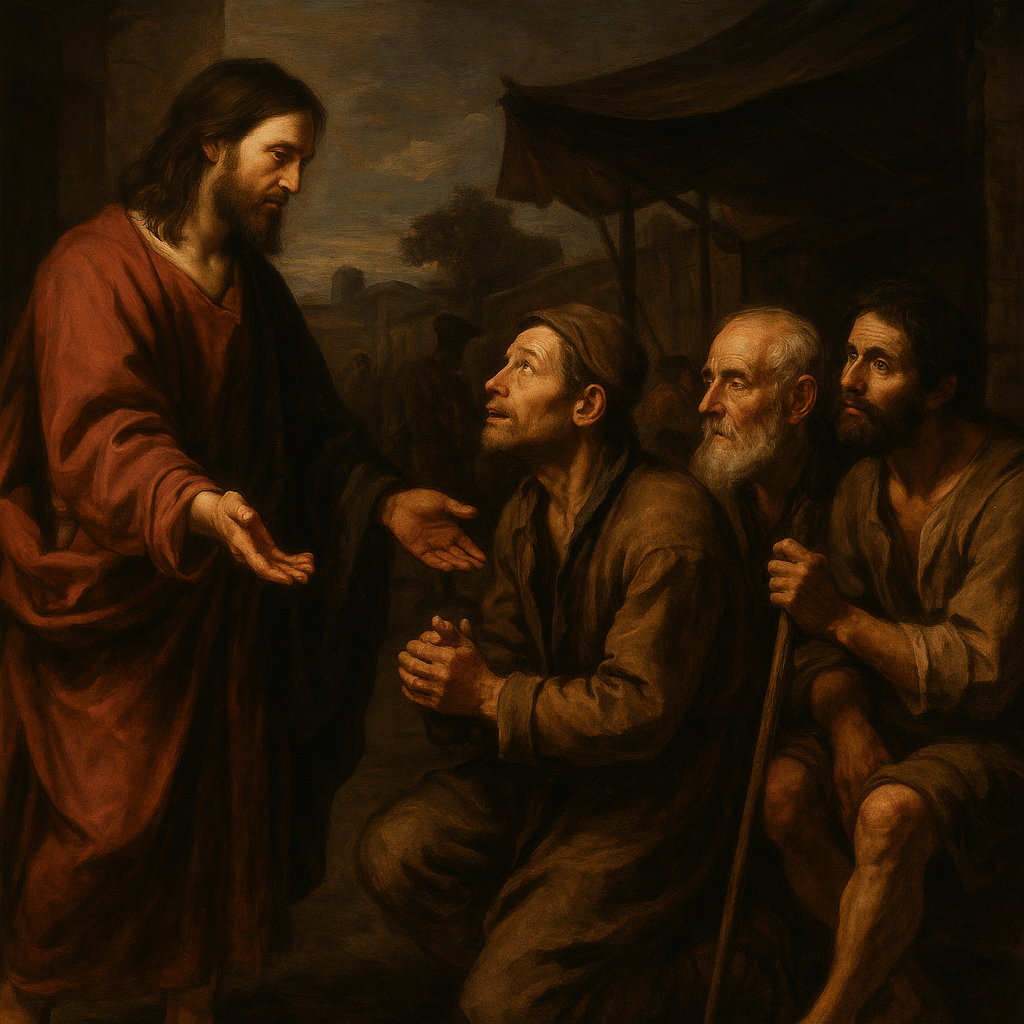
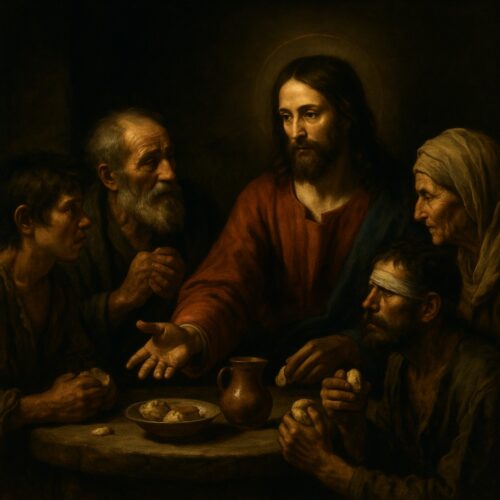
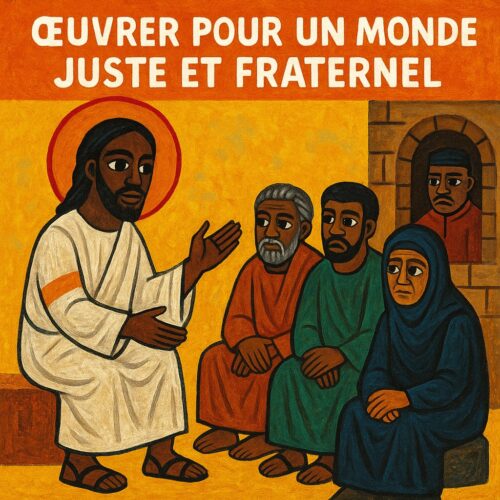
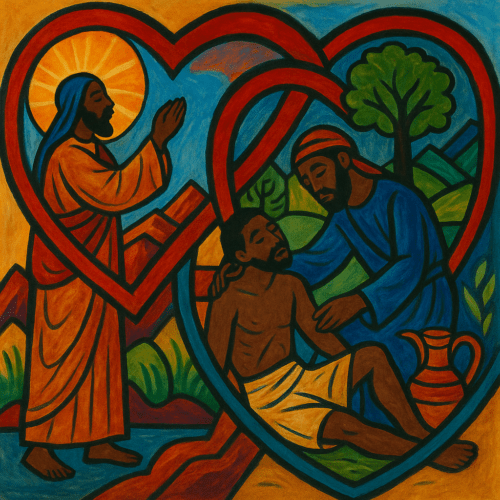
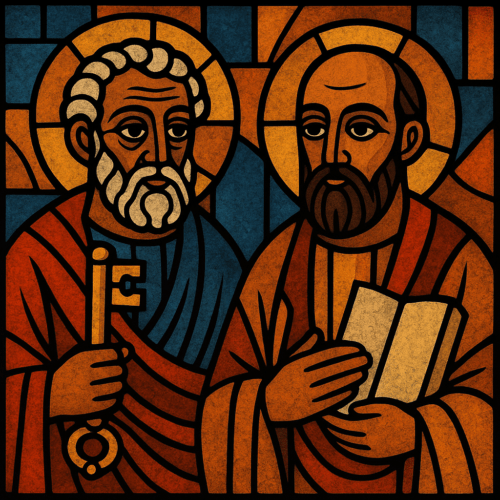
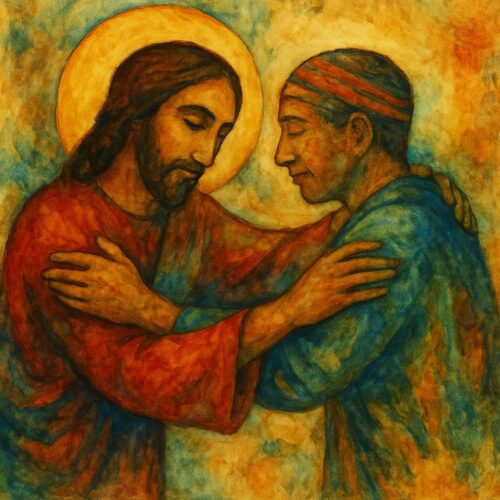
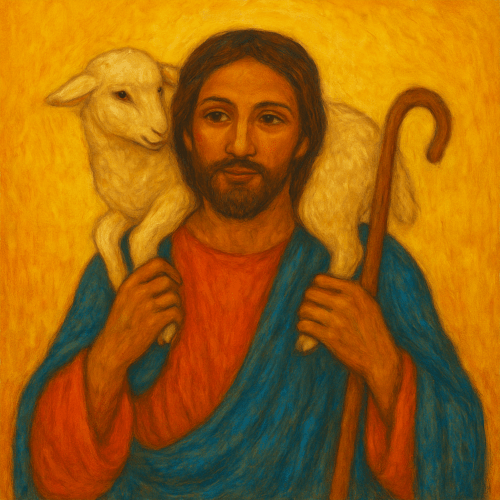
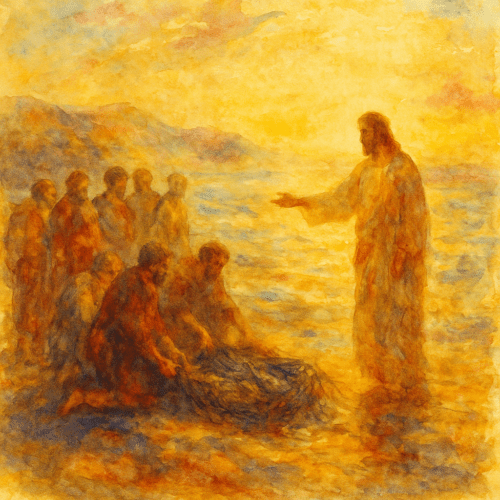
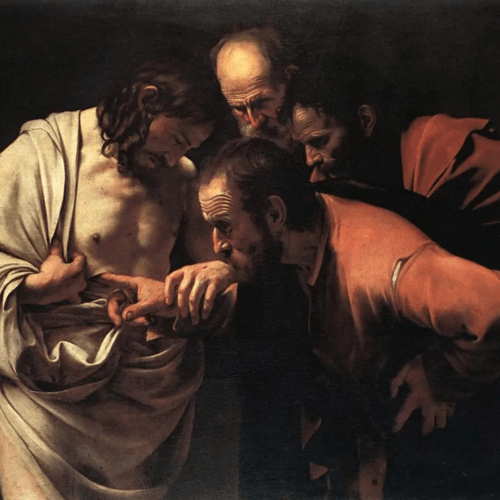
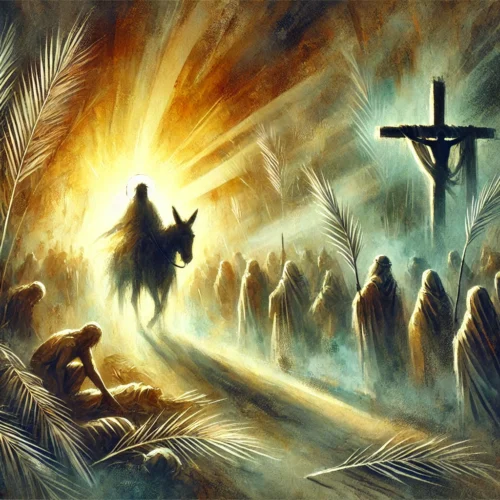
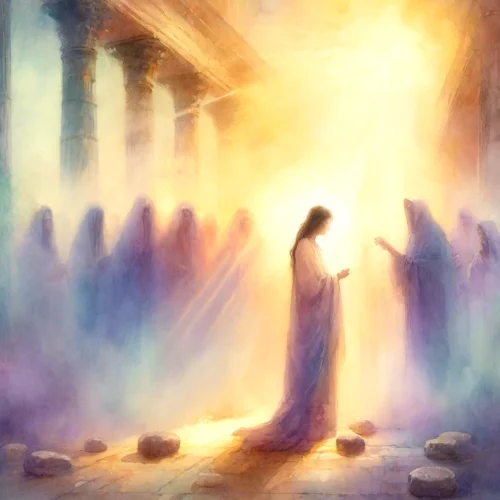
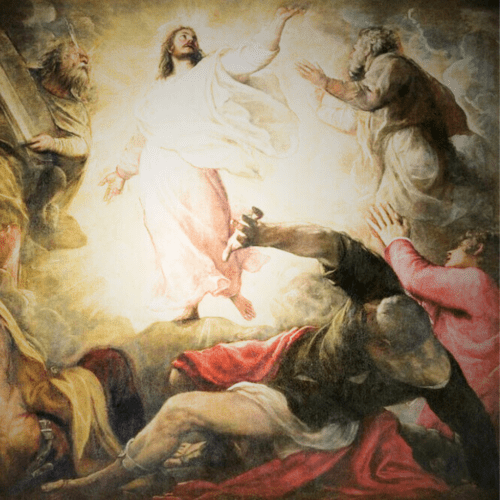

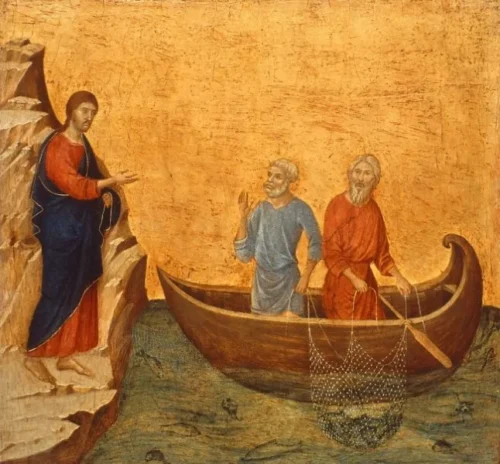
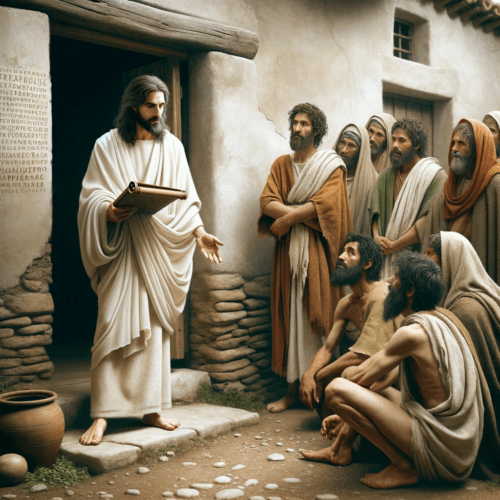
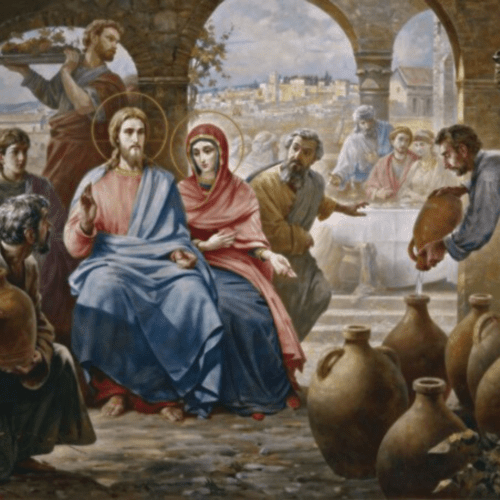
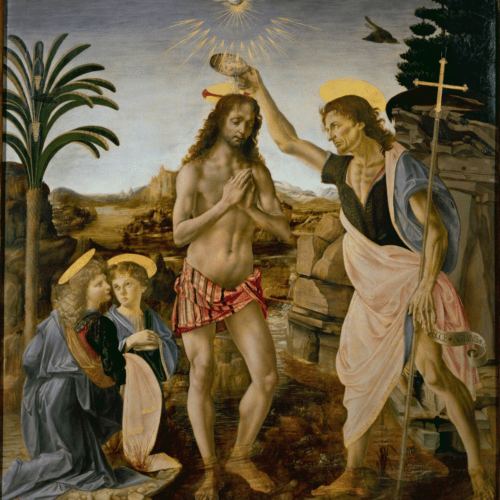
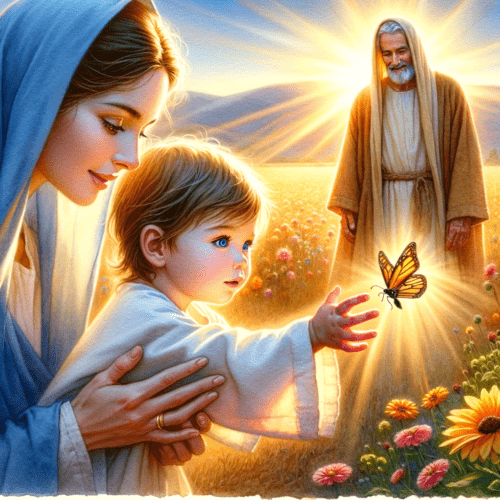
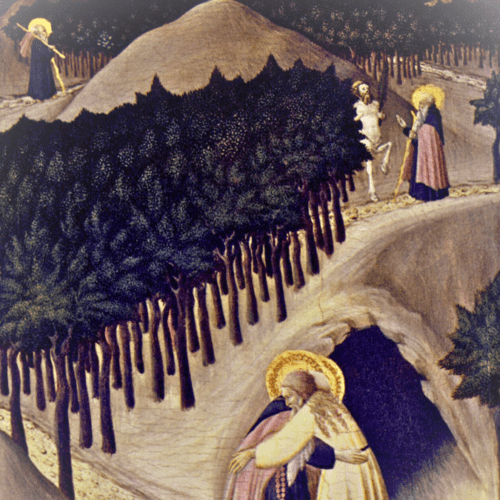
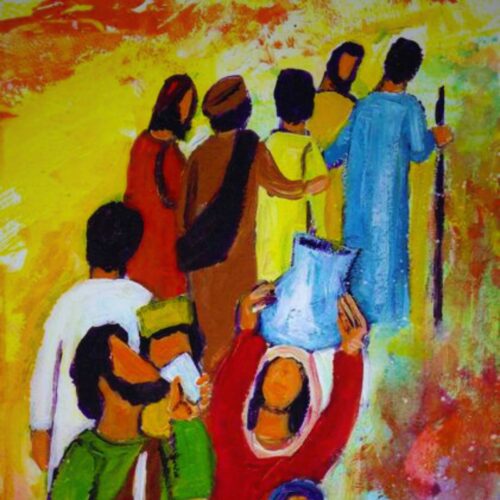
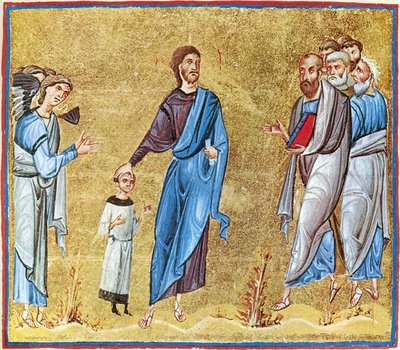
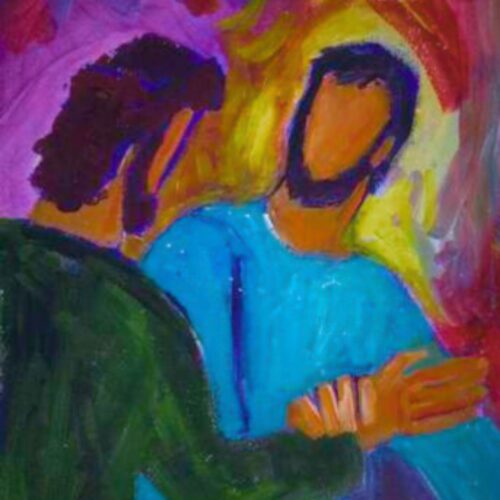
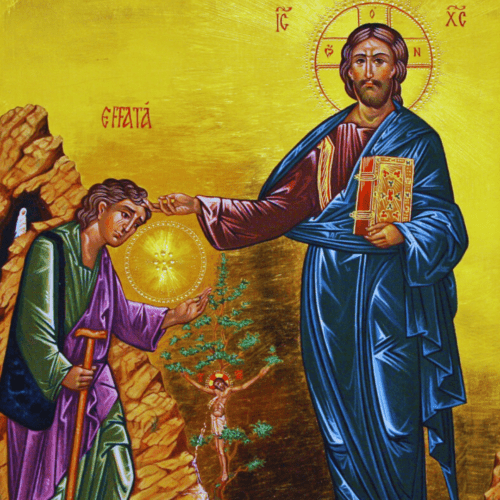

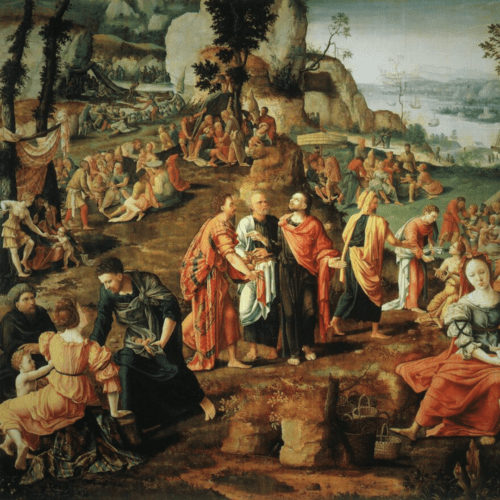
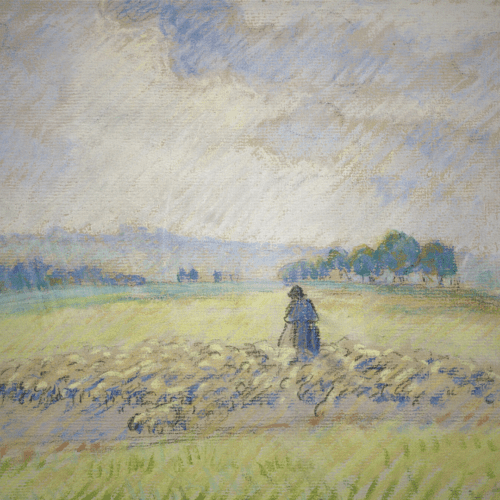
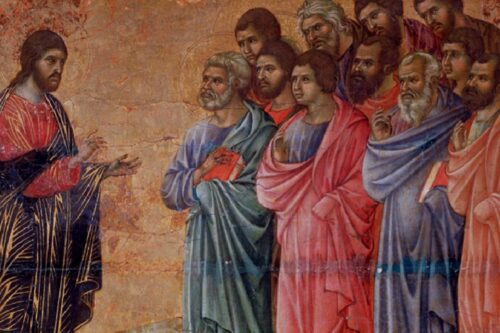


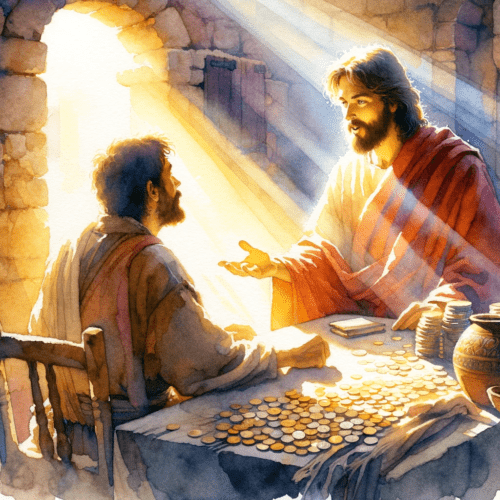
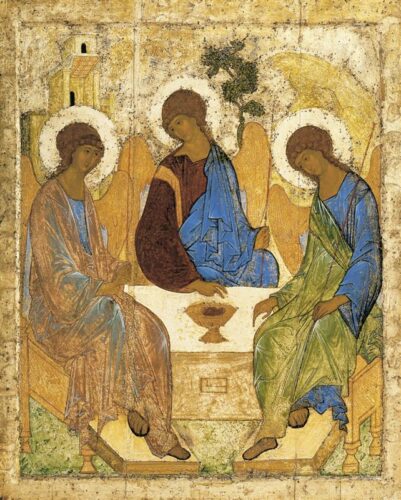
Comments are closed.